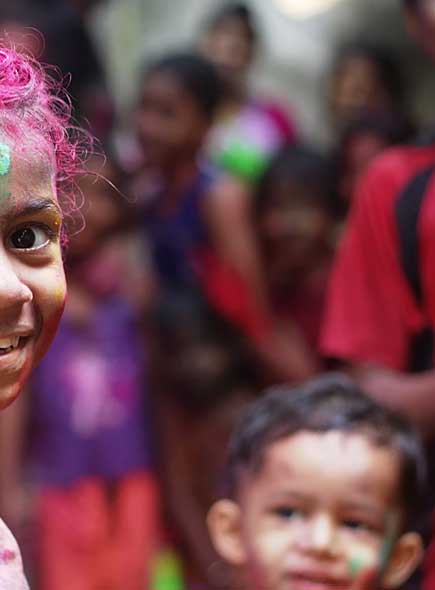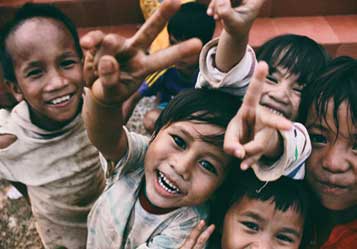
History
SAHAJ, Society for Health Alternatives, was founded in 1984, with the intention of providing a supportive atmosphere for people interested in doing original work in the area of health and development. Members of SAHAJ - founding and current- have a sustained record of demonstrating alternative approaches in areas of health and development.
Over the years, SAHAJ members have initiated and participated in one or more of the following processes, among others:
- - Organizing urban waste picking women, organizing rural tribal women on issues related to their basic needs
- - Action research in public systems on women-centric health care.
- - Education and rehabilitation of working / street children and rural bonded child labour.
- - Policy advocacy related to reproductive health.
PREVIOUS ENGAGEMENTS

Shishu Milap
Shishu Milap, a division of SAHAJ, initiated in 1989, was involved with organizing and facilitating educational and recreational facilities for street children and children of poor communities. In addition, Shishu Milap published and sold low priced children’s books and toys, advocated appropriate policies and procedures for education and welfare of poor children and towards abolition of child labour.
Learner-Centered Science Education / AVISHIKA
When we encouraged children to move from non-formal education to regular schools, we realized the educational content as well as the pedagogy was questionable. Hence, SAHAJ started looking into the content of the curriculum. A beginning was made with science because we had been able to identify appropriate person(s) to co-ordinate the initiative and secondly because some of the trustees of SAHAJ are personally trained in science / engineering. Also, science as compared to social science is relatively 'easy' to negotiate within established educational norms, particularly for Class 5-7
The science education programme believes in the actualization of the following basic principles, among others:
Learning science must be an enjoyable and exciting experience for the students
The purpose of science education is not to provide huge amount of information: but to develop practical and mental skills of manipulation, logic and abstraction.
Science education must be closely related to the local environment.
SAHAJ carried out the AVISHIKA programme for five years (1999-2004) to show how “learning by doing” can take place in a science classroom in a government school setting. Shodhkhol, a curriculum-based workbook on Science for Std. 5, 6 & 7 along with a low-cost laboratory kit for the schools were some of the key achievements of this programme. State government encouraged the learner-centered methodology by introducing Shodhkhol - inspired textbooks in primary schools. However, the essential classroom learning remains highly rote and without enough emphasis on experiments.
Since 2005, the Discovery Science Resource Group of SAHAJ was propagating learning through doing philosophy in schools in the district of Vadodara, Bharuch and Panchmahals. The programme was structured to encourage interaction between students and teachers in order to understand the strengths, weaknesses and needs of the staff and enhance interactive science / math learning in government schools.
